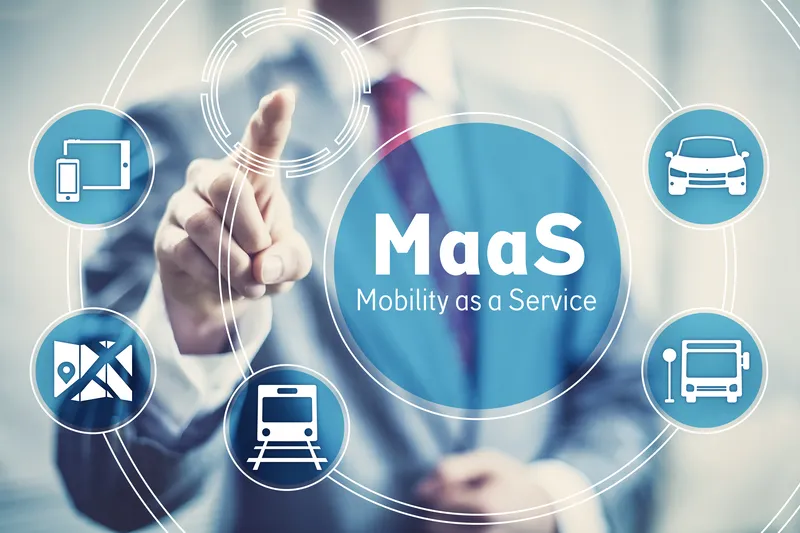Thales has been selected by the Bangkok Expressway Metro Public Company (BEM) and CH. Karnchang (CK) to deliver the automatic fare collection (AFC) system for the Bangkok metro's Blue Line Extension, utilising its TransCity ticketing solution.
The Chaloem Ratchamongkhon MRT line, better known as the Blue Line, was the first of Bangkok's underground metro lines to open in 2004. Thales is the current supplier of the automatic fare collection system for the existing Blue Line, which now comprises 18 station
August 23, 2017
Read time: 1 min
The Chaloem Ratchamongkhon MRT line, better known as the Blue Line, was the first of Bangkok's underground metro lines to open in 2004. Thales is the current supplier of the automatic fare collection system for the existing Blue Line, which now comprises 18 stations. The extension will see an additional 19 stations that will support increased capacity and a seamless passenger experience as Bangkok seeks to alleviate traffic congestion in its metropolitan area and connect commuters travelling from outlying areas of the city.
The full extension of the Blue Line is expected to open by March 2020 with daily passengers expected to rise significantly by over 230,000 commuters.










